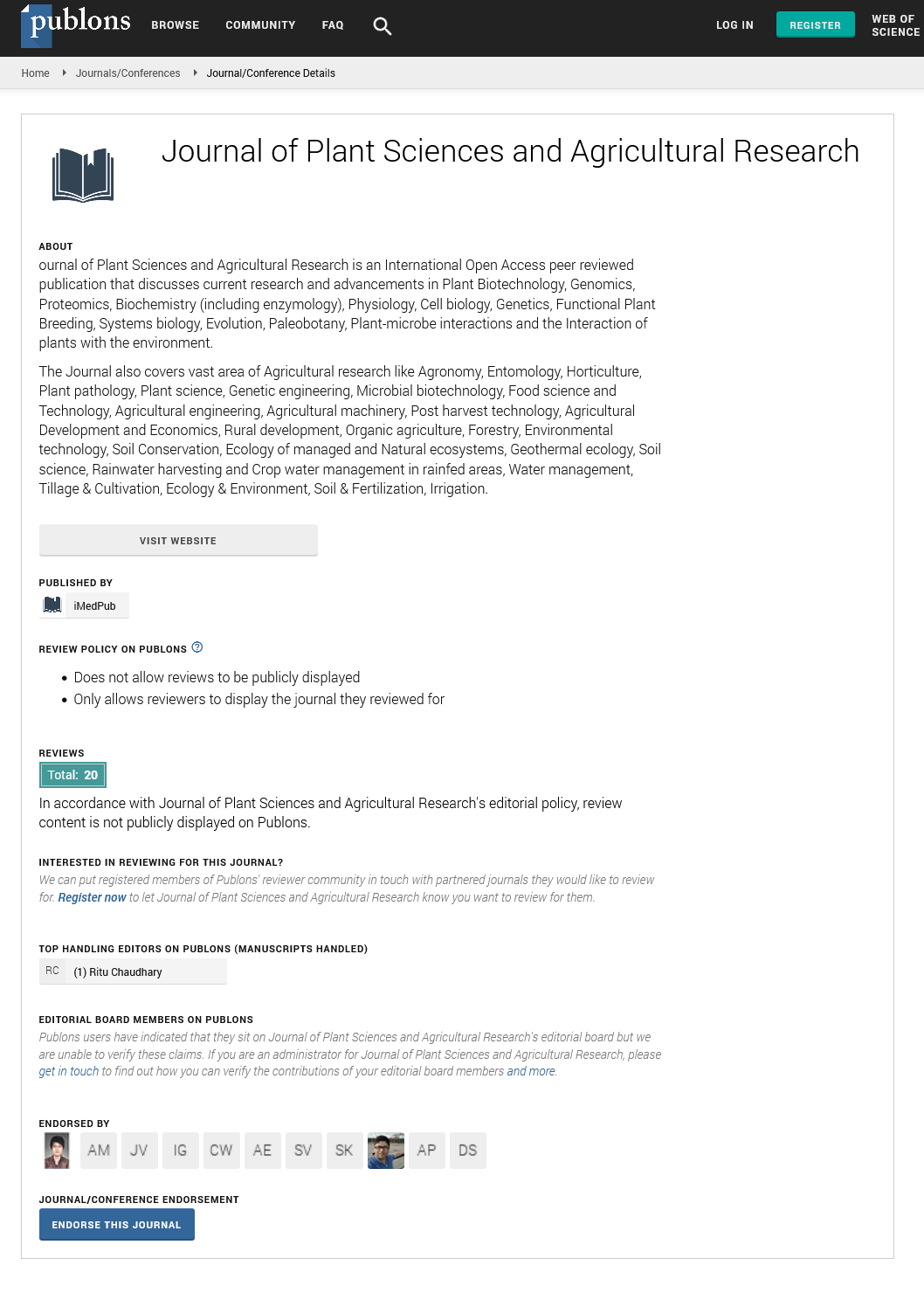Abstract
Development of Multigenic Sugarcane to Decrease the Production Cost in Pakistan
Due to higher amount of sucrose, sugarcane is grown commercially. In order to save sucrose yields, various studies have been designed to develop resistance in sugarcane against weeds and stemborers. In this study, two problems had been addressed by genetic manipulation of sugarcane to make them resistant against both herbicides and insects by expressing glyphosate resistant gene (CEMB-GTGene) and borer resistant genes (CEMB-Cry1Ac and CEMB-Cry2A) under control of Nos terminator and maize ubiquitin promoter. Mortality percentage of shoot borers Chilo infuscatellus was determined by assessing the cry proteins through insect bio-toxicity assays. Results showed that in 80 days old transgenic plants, 100% mortality rates of Chilo infuscatellus have been found showing that there was high resistance in transgenic sugarcanes against shoot borers and sufficient gene expression to fully resist target pests. Weed management was done by glyphosate spray assays. 70%-76% of the transgenic plants were identified to be glyphosate resistant (3000 ml/Ha) in V1 generation while 100% tolerant in V2 generation. Thus, this transgenic sugarcane will help to boost sugarcane yield in the country as it now successfully provides resistance against both stemborers and glyphosate herbicides.
Author(s): Zahida Qamar1*, Idrees Ahmad Nasir1, Mounir G Abouhaidar2, Kathleen L Hefferon3, Muhammad Ahmed1 and Ahmad Ali Shahid1
Abstract | Full-Text | PDF
Share This Article
Google Scholar citation report
Citations : 135
Journal of Plant Sciences and Agricultural Research peer review process verified at publons
Abstracted/Indexed in
- Google Scholar
- Publons
- Secret Search Engine Labs
Open Access Journals
- Aquaculture & Veterinary Science
- Chemistry & Chemical Sciences
- Clinical Sciences
- Engineering
- General Science
- Genetics & Molecular Biology
- Health Care & Nursing
- Immunology & Microbiology
- Materials Science
- Mathematics & Physics
- Medical Sciences
- Neurology & Psychiatry
- Oncology & Cancer Science
- Pharmaceutical Sciences
